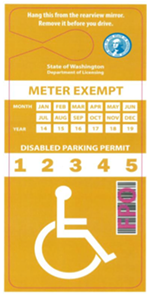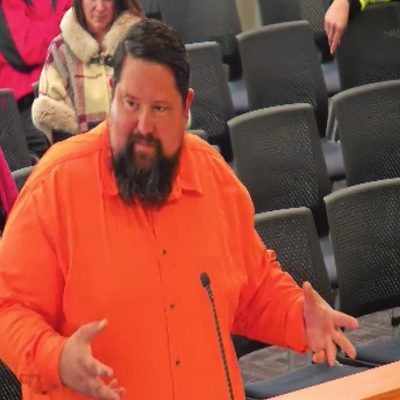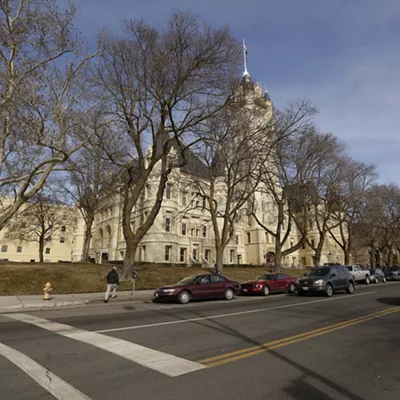Tuesday, January 7, 2014
Washington may end free parking for some disabled drivers
Free parking for disabled Washington drivers may end in some cities at the recommendation of a new state report, but there won’t be any immediate changes in Spokane.
In Washington, state law lets anyone with a handicapped parking placard park for free at meters. But abuse is a problem — Seattle estimates that disabled parking abuse costs the city $1.4 million per year — and this summer the Legislature convened a nine-person work group to study the problem and offer recommendations about how to prevent it. (We wrote about it at length here.)
The group presented its report to lawmakers on Dec. 19, recommending that only drivers whose disability makes it physically difficult to feed the meter should be allowed to park for free, and that a “Payment Exempt Disabled Permit” be created to differentiate. Local jurisdictions could decide to continue free parking for all drivers with handicapped placards.

Jan Quintrall, who oversees Spokane parking enforcement as the city’s director of business and developer services, agrees that abuse of the placards is problem but says she understands that it’s a very sensitive issue. Spokane would move very slowly, she says, to make sure any changes are “fair and equitable.”
“We’ll be watching to see what other cities are doing,” she says.
Lawmakers in Olympia will consider the report this month. The report, which encompasses all aspects of the handicapped parking placard system, also includes these recommendations:
• Increase and clarify penalties for fraudulent use of handicapped parking placards, and allow law enforcement to confiscate expired placards.
• Redesign placards to include a barcode and larger print to make it easier for law enforcement to check for fraudulent use.
• Make temporary placards good for up to a year instead of six months, since health care practitioners often sign off on permanent privileges to avoid filling out multiple applications for conditions expected to last more than six months.
• Clarify language for citation dismissals.
• Clarify language in the certification process to make it clear that both applicants and health care practitioners can face penalties for providing false information, and to help health care practitioners understand the difference between temporary and permanent placards.
• Require the use of a prescription pad of letterhead to cut down on fraudulent applications submitted without a health practitioner’s approval.
Reducing Fraudulent Use of Disabled Parking Placards and Plates
Tags: parking , Legislature , disabilities , News , Image

















